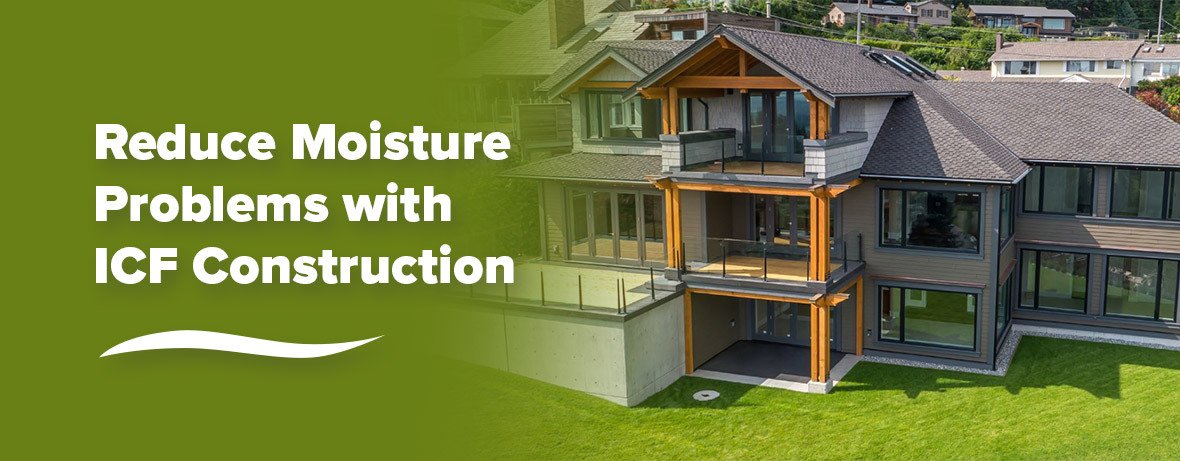
What is the R-Value of Concrete? How to Maximize Wall Insulation with ICFs

Maximizing Energy Efficiency and Comfort with Insulated Concrete Forms
Energy costs keep climbing, making insulation energy efficiency more important than ever. Buildings that lose heat in the winter and trap it in the summer waste energy and drive up utility bills.

What Additional Insulation Do You Need for an ICF Home?
Easy-to-install ICF wall systems help create energy-efficient, durable, disaster-resistant, and healthy homes. But do you need additional wall insulation for ICF homes?

5 Common Misconceptions About ICF Construction
ICF construction creates modern structures that are energy-efficient, durable, disaster-resistant, and have good indoor environmental quality (IEQ). ICF construction is also strong, flexible, fast and easy to install. Unfortunately, even with these many benefits, some architects and contractors are reluctant to utilize it due to misconceptions about ICF construction.

Reduce Moisture Problems with ICF Construction
You can avoid stud-framing moisture problems by choosing a moisture-resistant insulated concrete form (ICF) foundation for your new home.

21 Construction Techniques to Build a Small, Sustainable, Eco-Friendly Home

Understanding Current Supply Chain Woes and the Lack of Skilled and Unskilled Labor

National Building Code of Canada Explained
What is the National Building Code of Canada? Learn its key principles, how it ensures safety, and its role in guiding construction projects!

Effective Strategies to Insulate Block Walls
Improving the insulation of block walls significantly enhances energy efficiency, comfort, and durability in both residential and commercial spaces. Block walls, often made of concrete masonry units (CMUs), are sturdy but notoriously poor at retaining heat without proper insulation.

Flexible Construction: Can ICFs be Poured in Multiple Stages?